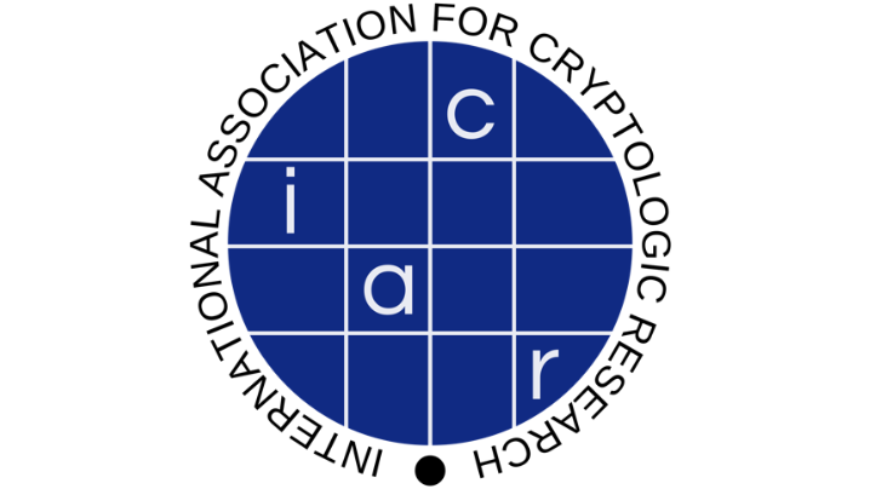New paper accepted at PKC 2021 “Two-Party Adaptor Signatures From Identification Schemes”
by Andreas Erwig, Sebastian Faust, Kristina Hostáková, Monosij Maitra and Siavash Riahi
2021/02/26

Adaptor signatures are a novel cryptographic primitive with important applications for cryptocurrencies. They have been used to construct second layer solutions such as payment channels or cross-currency swaps. The basic idea of an adaptor signature scheme is to tie the signing process to the revelation of a secret value in the sense that, much like a regular signature scheme, an adaptor signature scheme can authenticate messages, but simultaneously leaks a secret to certain parties. Recently, Aumayr et al. provide the first formalization of adaptor signature schemes, and present provably secure constructions from ECDSA and Schnorr signatures. Unfortunately, the formalization and constructions given in this work have two limitations: (1) current schemes are limited to ECDSA and Schnorr signatures, and no generic transformation for constructing adaptor signatures is known; (2) they do not offer support for aggregated two-party signing, which can significantly reduce the blockchain footprint in applications of adaptor signatures.
In this work, we address these two shortcomings. First, we show that signature schemes that are constructed from identification (ID) schemes, which additionally satisfy certain homomorphic properties, can generically be transformed into adaptor signature schemes. We further provide an impossibility result which proves that unique signature schemes (e.g., the BLS scheme) cannot be transformed into an adaptor signature scheme. In addition, we define two-party adaptor signature schemes with aggregatable public keys and show how to instantiate them via a generic transformation from ID-based signature schemes. Finally, we give instantiations of our generic transformations for the Schnorr, Katz-Wang and Guillou-Quisquater signature schemes.


